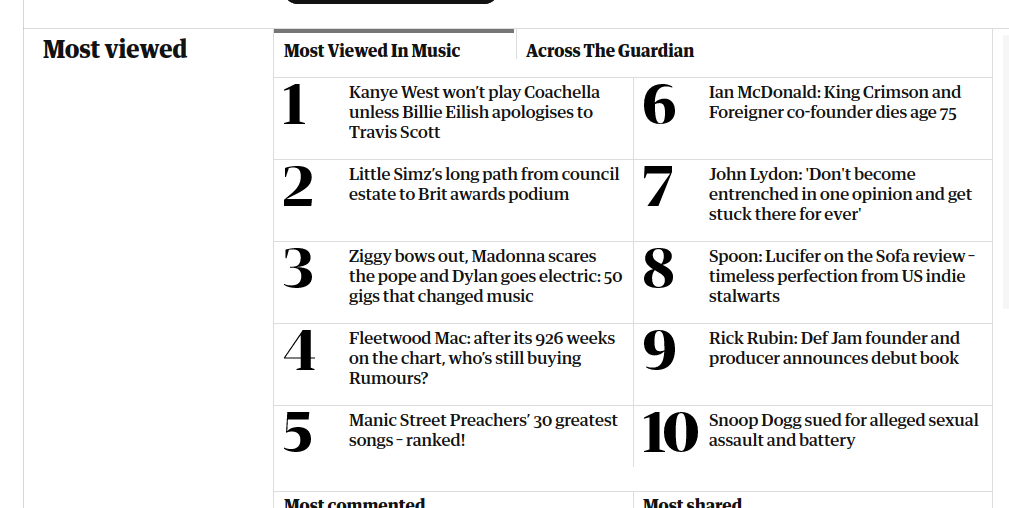There’s been a rise in the visibility of abuse of power one group to another in the past few years: the #MeToo movement, Black Lives Matter, pushback against trans-phobia, … As these ideas matured, they’ve gone from illuminating injustices that were formerly condoned or invisible to be wielded as weapons against transgressors, often bringing on very public falls from grace. In short, they’ve arrogated power to groups of people who formerly were powerless; by identifying as with a group, the powerless have taken back power. It’s no coincidence that many such groups model their operation on the civil rights movement of the ’50s and ’60s.
This is coincident with another well-documented trend of the last few decades, that of economic inequality (the 10%, the second Gilded Age, etc), and I’ve come to think it’s not an accident. It’s become clear that economic inequality goes hand-in-hand with an imbalance of power; for example, see the Princeton study showing government activity being completely unrelated to what the “regular guy” wants and close correlated with what the wealthy individuals and corporations prefer.
As a result, I believe the general population have become increasingly of the opinion that the institutions and formal processes of society, the law, the government, the police, the media, and so on are not operating in their interests. This ties in with the lack of trust in such institutions that Fukiyama speaks of.
In such a society, how do you move the levers to address issues that are of concern to you? You can’t sue, because the courts aren’t your courts. You can’t appeal to normal democratic institutions, because the government doesn’t have your interest at heart. You can’t expect the media to help, because they don’t tell the truth. In many respects, you’re like the small child in a dictatorial family, not listened to in conversation, powerless.
Children revert to using the power they have: to invoke sympathy, to demand attention. When you’re powerless, you need to get the powerful on board, and you can do that to some degree by invoking shame, anger, or at least making enough noise to make the powerful pay attention to you. I think this is the basis of the rise of the groups I mentioned above. Not to imply that they’re childish, but that they find themselves (as do 90% of us) without access to the mechanisms of power to make change that a healthy society supports, and hence must use the mechanisms they have available.
In a reasonable and fair society, an individual or group that was the victim of a clear injustice would be able to use the courts to get redress, or expect their government to listen and address the issue, or present their case to the media and expect that there would be an investigation into the issue and a public airing of the result. But if you believe the courts only work for those with money, the government long ago ceased to be “of the people, by the people and for the people” and the media have abandoned fact-finding for publishing partisan opinions handed down from the rich and powerful, you don’t have access to those mechanisms. So you use the mechanisms you have at hand: make a loud noise, and try to shame or anger the powerful into allying themselves with you and making change on your behalf. The power of the victim.
This has a couple of problems. In order to be effective, it needs to be consequential. Hence the return of shunning as a punishment, often self-imposed, sometimes unjust. The principles of justice that we’ve evolved over time (innocent until proven guilty, proportionate punishment, malicious intent, …) tend to fall by the way. Secondly, the increase in power invites push-back from other groups using similar methods, or simply refusing to acknowledge shame, guilt and the other tools in the powerless’ arsenal, leading to some truly abhorrent abuses by people refusing to acknowledge the justice in the other’s claims. In short, if nobody trusts the institutions that have been evolved to address conflict between groups of people in society, that conflict will express itself in more primitive ways, and will be cynically used or put down in more primitive ways by those who do wield power.
If we addressed economic inequality in society, I believe we’d see a more just and fair airing of legitimate grievances and a willingness to address them.
